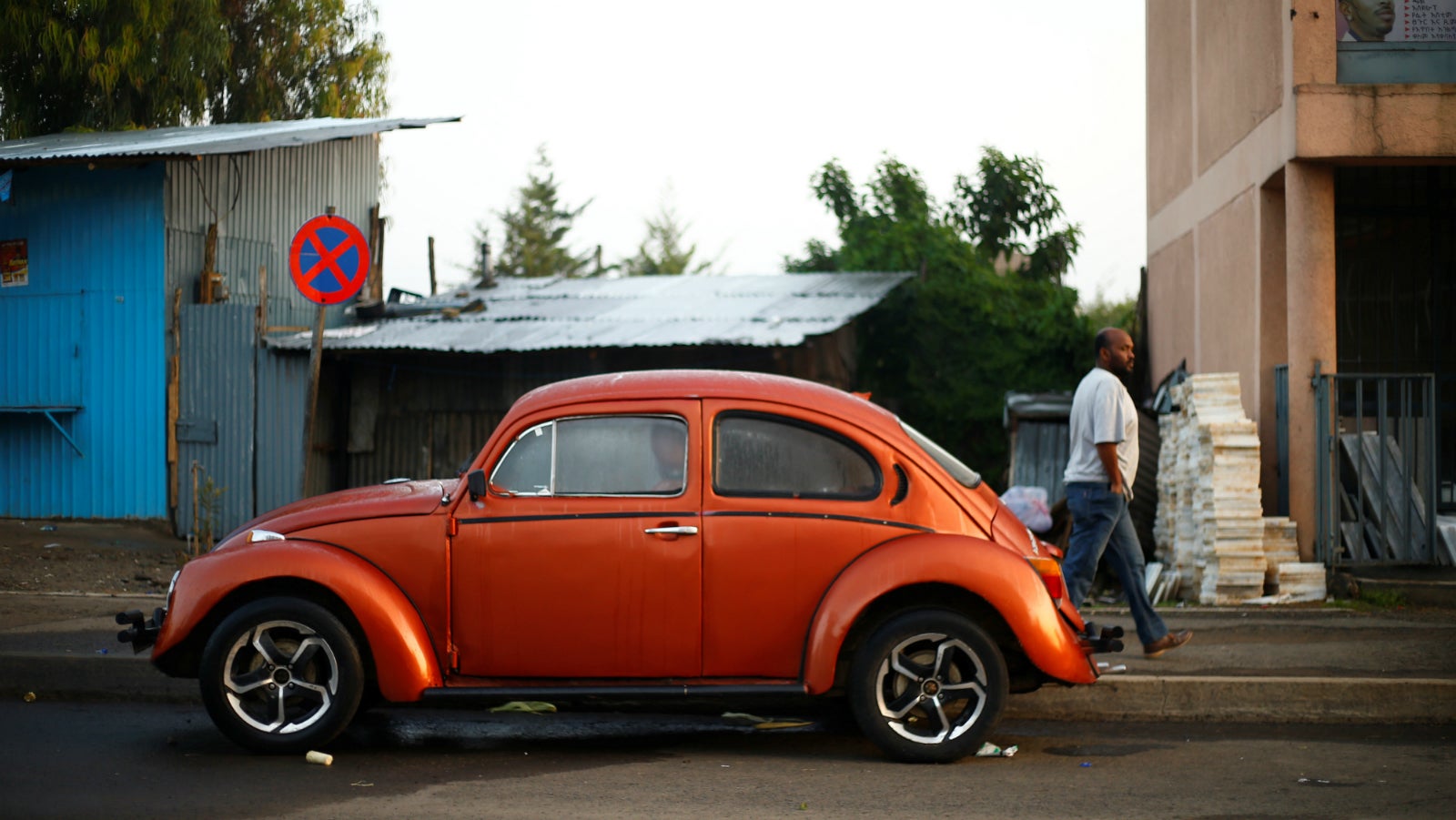Volkswagen will make a $1.15 billion gamble on India
Despite having burnt its fingers once in India, Volkswagen is back to make a dent in the world’s fourth-largest automobile market.


Despite having burnt its fingers once in India, Volkswagen is back to make a dent in the world’s fourth-largest automobile market.
On July 02, the German auto giant announced its “India 2.0 project,” under which it will invest Euro 1 billion (Rs7,900 crore) between 2019 and 2022 to reboot its business in the subcontinent.
The re-entry will be spearheaded by group company Skoda Auto, which will design and develop new models in India, starting with a mid-sized sport utility vehicle to be launched in 2020.
“To ensure the products are perfectly suited to the Indian market, Skoda Auto will set up an engineering centre in the country,” the Volkswagen Group said in a press release.
Besides the engineering design and development centre in Maharashtra’s Pune, which will have about 250 engineers, the group plans to boost capacities at its existing plants in Pune and Aurangabad. Overall, the India 2.0 project will generate between 4,000 and 5,000 new jobs at the group’s two facilities.
By 2025, it hopes to corner around 5% market share in the country. Currently, the Volkswagen and Skoda brands together hold less than 2% here.
Past mistakes
The Volkswagen group’s India journey began with the launch of Skoda in 2001. Six years later, Audi and Volkswagen made their entries. However, the company struggled to break into the market.
The German carmaker tried tying up with local giants like Suzuki and Tata Motors but didn’t succeed much.
It wasn’t just about the models that the company sold in India, an incredibly price-sensitive market where east Asian behemoths, particularly Maruti Suzuki, hold sway. Volkswagen’s failed first attempt also had a lot do with poorly trained dealers and their inability to deal with customers professionally. “This was the core cause. Add to that, overpriced products that only targeted premium customers, which are limited in number,” said Deepesh Rathore, director at consulting firm Emerging Markets Automotive Advisors.
Volkswagen’s renewed interest in India comes on the back of slower growth in the carmaker’s traditional market after an emissions scandal eroded some of its traction in Europe and the US
Still, getting a bigger piece of the India pie won’t be easy.
“In the Indian market, all brands not named Maruti Suzuki. Hyundai, Tata, and Mahindra are fighting within a 20% share of the market,” said Rathore. “So I guess all of them are struggling.”